Lucas Hunt, in his new book of poems, “Iowa,” engages his subject matter through use of precise evocative imagery.
Books
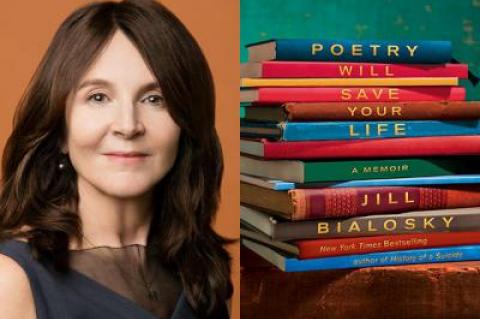 Words of Solace
Words of SolaceJill Bialosky uses 51 poems in her affecting memoir to demonstrate how reading and remembering poetry can provide a kind of salvation.
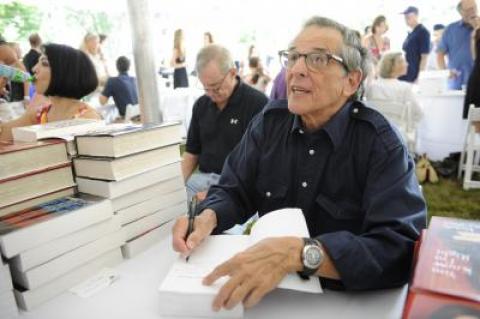 A Deep Dive Into Lit Life at Authors Night
A Deep Dive Into Lit Life at Authors NightThe fund-raiser called “the premier literary event of the Hamptons” is bound to be a good time.
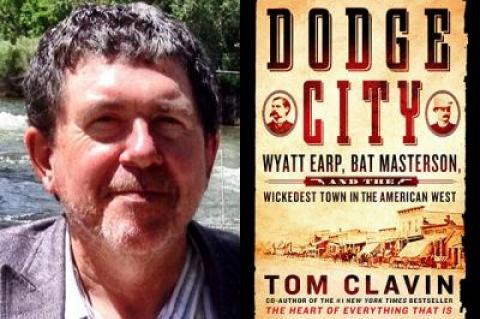 Taming a Den of Thieves
Taming a Den of ThievesDodge City may have been a small cow town, but it had 16 saloons, 47 prostitutes, and gunfights nearly every night.
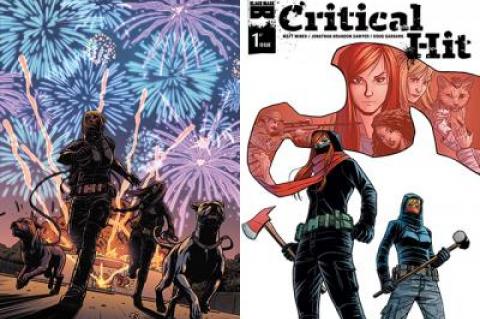 Comic Books With a Conscience
Comic Books With a ConscienceA Comic Book Extravaganza on Cove Hollow Road in East Hampton courtesy of Nancy Silberkleit of Archie Comics.
A Lustgarten fund-raiser doubles as a tribute to poets lost to pancreatic cancer.
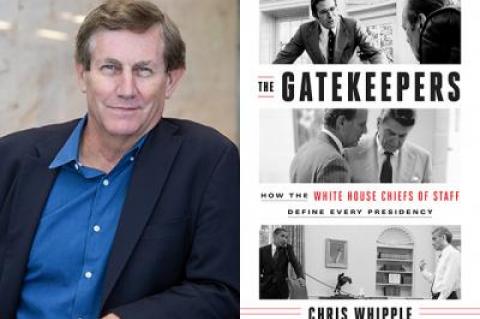 The ‘No’ Men
The ‘No’ MenIf there’s a new book on politics that should be read at the Trump White House — but probably won’t be — it’s this one.
The last of the summer’s Poetry Marathon gatherings is July 30, when at least seven poets will read from their work starting at 5:30 p.m. at the Marine Museum in Amagansett.
 The Beauty of Koi, Folkwise
The Beauty of Koi, FolkwiseSheldon and Margery Harnick, and their son, Matthew, have pooled their talents to create “Koi: A Modern Folktale,” with photographs of the legendary fish by Margery and Matthew and text by Sheldon Harnick.
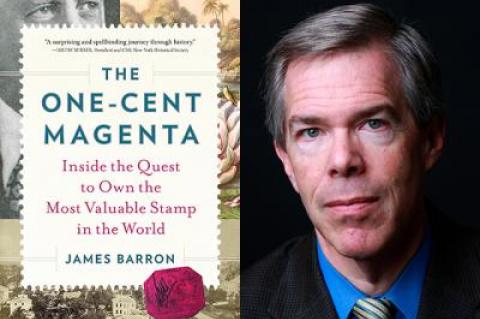 The Great Philately Chase
The Great Philately ChaseHere is the history of the rarest, most valuable postage stamp ever. Welcome to “Stamp World.”
All year long, BookHampton hosts authors for readings and book signings, and the latest to join the list of notables is Chelsea Clinton.
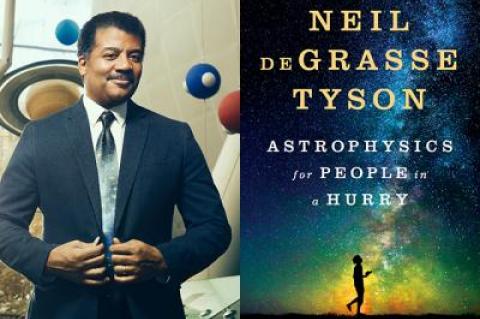 Physics in a Cup of Cocoa
Physics in a Cup of CocoaNeil deGrasse Tyson is an authoritative source of clear ideas about our universe and writes in stylish, eloquent prose — without mathematics.
Prick up your ears, poetry fans: Grace Schulman will take to the lectern to read at Sunday’s gathering of the Poetry Marathon in Amagansett.
The Amagansett Library has a packed literary summer planned with an Authors After Hours series that begins Saturday night with Gerard Doyle, an actor and narrator, and continues to mid-August.
Mr. Doyle, who is the performing arts teacher at the Ross Upper School in East Hampton, has recorded hundreds of audiobooks, including the “Inheritance” series by Christopher Paolini, “Sea of Trolls” by Nancy Farmer, and “The Looking Glass Wars” by Frank Beddor. He won an AudioFile Earphones Award for his first audiobook, “A Star Called Henry,” and has won myriad awards since then.
 Celebrating Film in Sag Harbor
Celebrating Film in Sag Harbor“Sag Harbor: 100 Years of Film in the Village,” an homage to a century of cinema on Main Street, traces the theater’s history from the silent era to its nearly four-decade tenure as the last independent, single-screen theater on the East End.
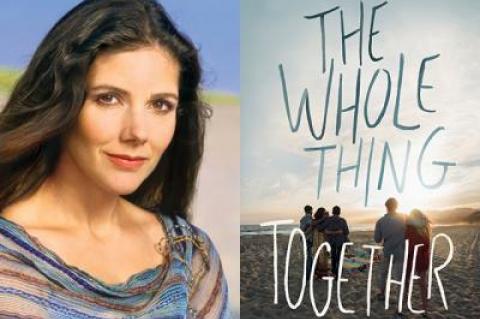 One Crazy Summer
One Crazy SummerIn “The Whole Thing Together,” set in Wainscott, the young-adult novelist Ann Brashares is back with her suite of strong suits showing.
Simon Perchik, Star Black, and Edward Butscher will usher in this summer’s iteration of the Poetry Marathon on Sunday at the East Hampton Town Marine Museum on Bluff Road in Amagansett.
There will be four readings this year, all of them this month. Each starts at 5:30 p.m. and is followed by a reception. The Marine Museum will be open for tours, as well.
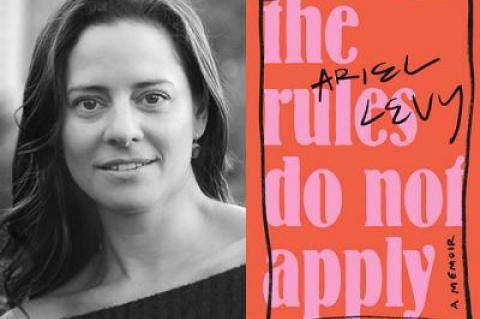 Into the Great Unfamiliar
Into the Great UnfamiliarAriel Levy's arresting memoir shows her eye for detail, her innate curiosity, and a great essayist's knack for not letting style get in the way of the story.
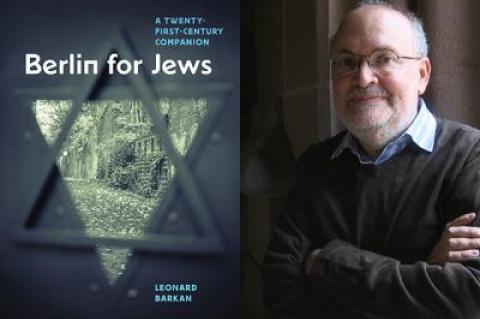 A City Reclaimed
A City ReclaimedLeonard Barkan is a Renaissance man and a Jew who has spent much of the last couple of years in Berlin. Who better to write a book with a title like “Berlin for Jews”?
George Saunders in Sag, Authors Night tickets on sale, and Rosenblatt's master class
As summer 2017 is off and running, so are the many authors traveling to the South Fork. Whether they come for work, play, or a little of both, BookHampton will continue to host them at its Main Street, East Hampton, shop.
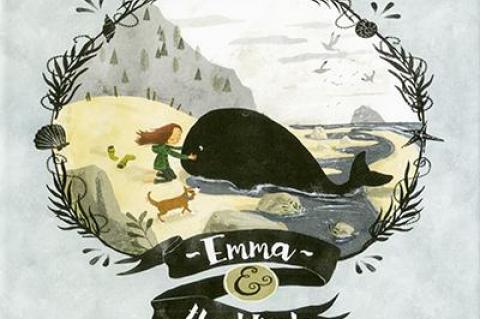 Needful Things
Needful ThingsA moon-faced orb as regent for the evening, a goodbye to a beloved pair of worn-out sneakers, and a beached baby whale's salvation in new children's books.
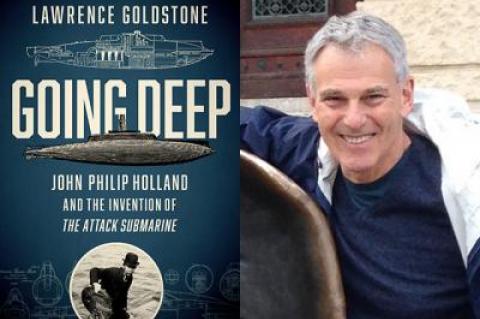 A Vessel ‘So Remarkable’
A Vessel ‘So Remarkable’Lawrence Goldstone rescues John Holland, “the father of the modern submarine,” from relative obscurity and places him alongside more well-known American inventors.
The Barnes Landing Association will hold its 16th annual Anna Mirabai Lytton writers and artists showcase on June 3 from 2 to 3:30 at the Barnes Landing meetinghouse at the intersection of Barnes Hole and Water’s Edge Roads in Springs.
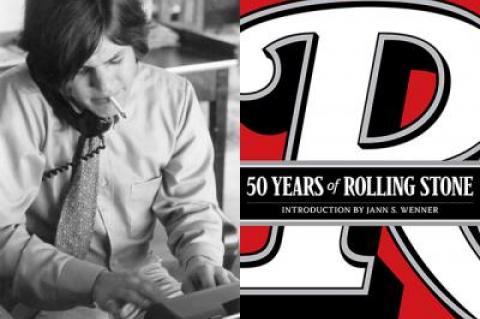 Wrestling the Sprawling Beast of Rock ’n’ Roll
Wrestling the Sprawling Beast of Rock ’n’ RollFrom the start, Jann Wenner was daring, lucky, and good.
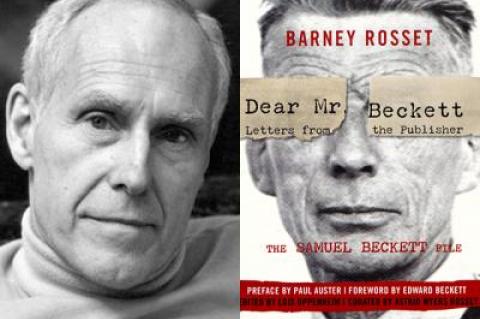 From the Beckett File
From the Beckett FileOne of Barney Rosset’s first acquisitions for Grove Press was with an unknown writer named Samuel Beckett, an Irishman who lived in France, wrote in French, and was rejected by French publishers.
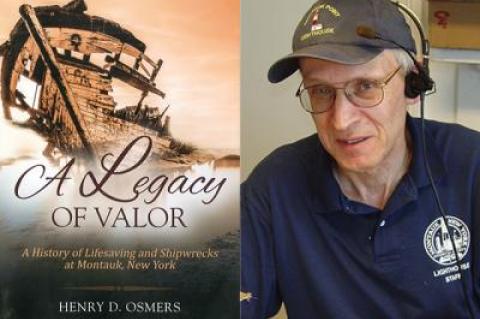 A Ghastly Record
A Ghastly RecordIn “A Legacy of Valor: A History of Lifesaving and Shipwrecks at Montauk,” Henry Osmers writes of how, given the remoteness of the area and its lack of population, it was difficult to help ships that fell victim to storm, fog, or other maritime peril.
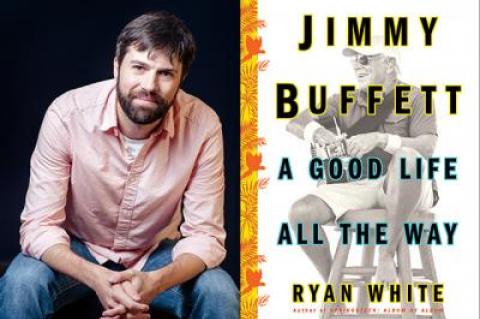 From Troubadour to Titan, Barefoot and Bombed
From Troubadour to Titan, Barefoot and BombedRyan White captures the carefree nature of 1970s Key West, where Jimmy Buffett launched his career, through rhapsodic passages and interviews detailing bottle-born mischief.
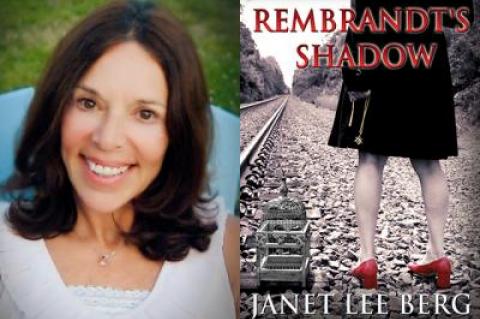 A Picture Is Worth 25 Lives
A Picture Is Worth 25 LivesJanet Lee Berg’s novel “Rembrandt’s Shadow” is loosely based on wartime experiences of the wealthy Katz family, who exchanged Dutch masterpieces for Jewish lives.

